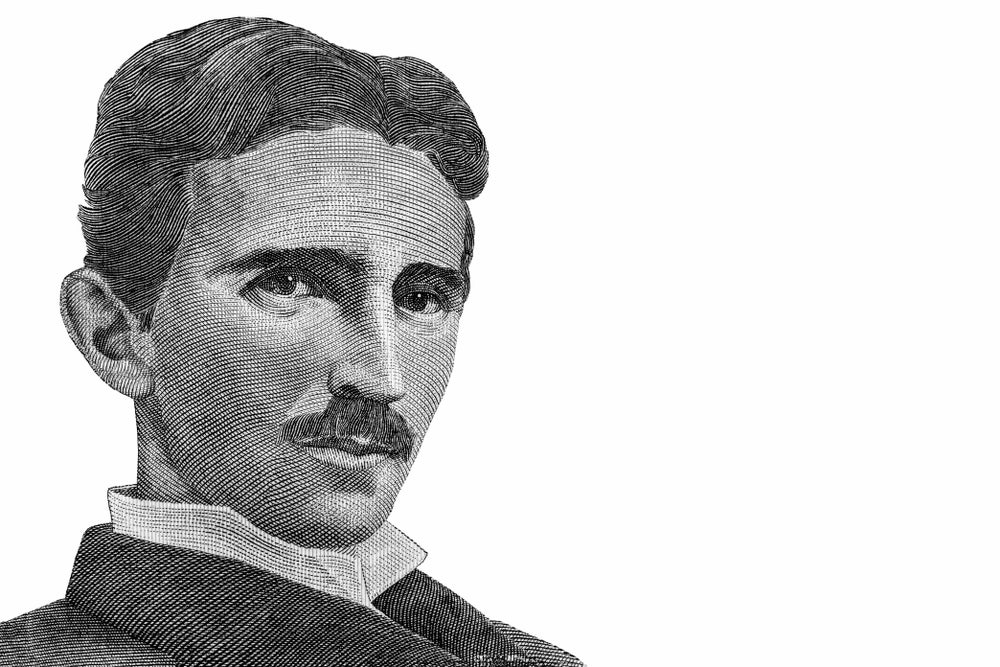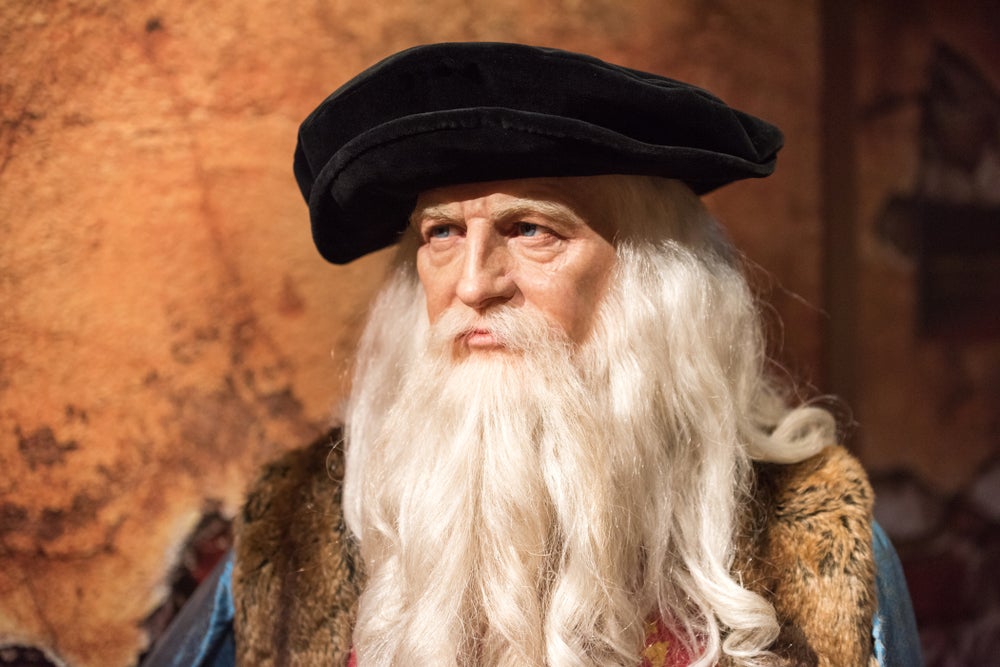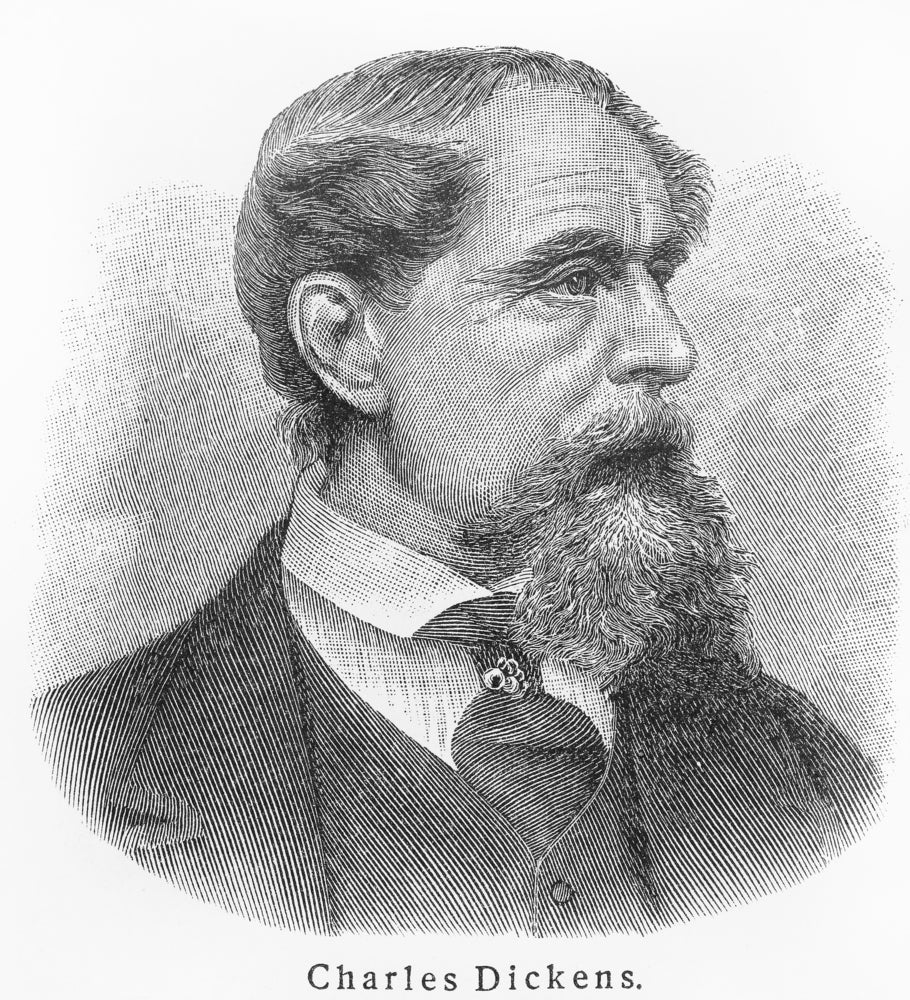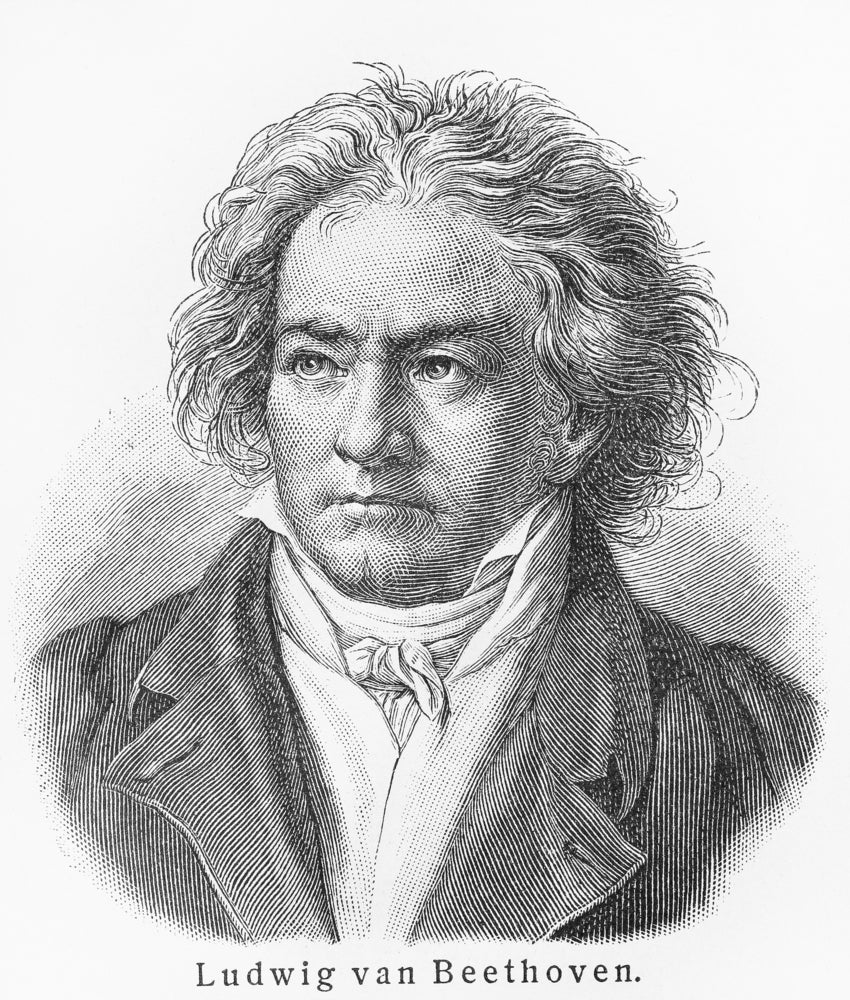Sleep deprivation is a major problem these days and leads to all sorts of adverse effects in our waking life. The fast track life of today, where everyone is concerned about getting to the top, means that most ambitious people are ready to put their bodies through the grinder to be successful.
However, sleep is important and inevitable – after all, even Napoleon couldn’t manage to hold it off for more than a few days in spite of trying quite hard! If you’re having a hard time sleeping, here is some quirky advice in the form of the sleeping habits of genius inventors and thinkers – maybe this will give you the inspiration you need to create a sleeping routine that works for you!
You may want to read: Everything You Need to Know About Sleep Myths
1. Albert Einstein
Einstein’s name is synonymous with genius in many people’s minds. The Nobel Prize winning theoretical physicist is noted for providing us with the theory of general relativity, and most of us will have seen his portraits in classrooms and labs throughout our educational career. Einstein is said to have slept punctually for 10 hours each night, which is considerably more than the average sleep duration – added to this were daytime naps. All this points towards is that the personification of genius was also the personification of liberal sleep!
2. Nikola Tesla
This genius may have escaped your notice, but if there is someone who deserves recognition for their practical contributions – it is him. A pioneer in electrical engineering, inventor and eccentric legend, Tesla is the guy responsible for the development of AC electricity (the power which runs through your home), as well as a vast array of revolutionary concepts.
He has close to three hundred patents and theorized creations pertaining to the field of electrical engineering which include a globally operable wireless energy transmitter as well as an infamous ‘Death’ Ray (also called the ‘Peace’ Ray by some).
Tesla’s sleeping habits were just as odd as the rest of his practices – he slept for no more than a couple of hours each night! But he made up for those with regular day naps which, in his own words, ‘recharged his batteries’! As a child, Tesla used to suffer from nightmares because of how he could visualize things in his mind in three dimensions, which is probably why his sleeping periods were so brief.
3. Leonardo Da Vinci
If you’ve heard of the Mona Lisa, you’ve also probably heard of its painter – the famous polymath and artist, Leonard da Vinci – one of the most talented individuals in history and a leading name in the Renaissance. The polyphasic sleep process he observed is called the ‘The Da Vinci Sleep Schedule’ and it involved him sleeping for brief periods – between 20 minutes and two hours per session. He slept like this multiple times during the day so that it totaled to about 5 hours in every 24.
The advantage of these broken sleeping sessions was that Da Vinci didn’t have to commit to a regular period of inactivity. It also let him micro-manage his energy instead of suffering from a drop in productivity every day at the same time. This kind of sleeping routine is also called the ‘Uberman’ sleep schedule and may not be suited to most people – then again, most people aren’t Da Vinci!
Here is a video on some results people are having with the Uberman sleep schedule:
You may want to read: The Uberman Sleep Cycle
4. Charles Dickens
Dickens was a famous insomniac, and had some truly strange sleeping habits to deal with this sleeping disorder. For starters, he always had his bed facing north and even took a compass with him wherever he went to make sure that this was the case. Secondly, he would sometimes walk the streets of London after lying down and trying to sleep – and these forays would occasionally turn into epic adventures. On one such pedestrian journey, Dickens ended up in his country house near Rochester, after travelling for 30 miles from his home in Tavistock Square! Like other insomniacs, only the rising sun would compel Dickens to finally drift off to sleep.
5. Ludwig van Beethoven
The renowned musical composer, Beethoven, was a complex personality with a prolific output. He suffered from a number of health issues, but in spite of all this, he had a surprisingly normal 10pm to 6am sleep routine. He may not have had any sleep deprivation issues, but he certainly aided countless insomniacs around the world in getting a good night’s sleep by way of his somnambulant musical pieces.
Photo credit: Grey82/Shutterstock; Prachaya Roekdeethaweesab/Shutterstock; Grey82/Shutterstock; Nicku/Shutterstock
Frequently Asked Questions
Will napping during the day make it difficult to sleep at night?
It’s not uncommon for some people to put off taking an afternoon nap, even though they feel dragged down by fatigue. Reaching for yet another coffee instead of heading to the couch or bed, they fear a nap will make it difficult to fall asleep that night. Part of this fear is founded. Although taking a short nap in the afternoon can actually be beneficial and boost memory, lift your mood and make you more alert, a long nap in the late afternoon might interfere with your night’s sleep. The ideal length of time to nap is either 20 minutes or up to 90 minutes. Ideally, it’s best to nap for less than an hour and in the earlier part of the afternoon before 2 or 3 p.m. A two-hour nap may leave you feeling groggy and disrupt your normal sleep cycle. So, the answer to the question? Taking a short 20- or 30-minute nap in the early afternoon, should not disrupt your sleep that night, and may actually contribute to you feeling more alert than that 3 o’clock cup of coffee.
Why do older people seem to nap a lot?
If you are well into your senior years and notice you are napping more during the day now than you did before receiving your social security benefits, there’s no reason to panic. There are many reasons why this is happening. As you age, you may be sleeping more lightly than you used to or waking up more often during the night due to aching joints or having to go to the bathroom. Many seniors like you compensate for these sleep disruptions by catching a restorative nap during the day, which is perfectly normal. Other reasons older adults are more prone to taking naps during the daytime can be from lifestyle changes (no longer on a work schedule and have time to nap or are bored with nothing to do), changes in sleep patterns, circadian rhythms and even as a way to handle excessive sleepiness and fatigue from medications and illnesses.
Does resting your eyes count as a nap?
It’s not uncommon to think we feel tired because our eyes are tired. Does that mean we need a power nap or something longer? Or can stopping what you are doing or laying down and resting your eyes be the same as actually dozing off into sleep? Truth is, resting your eyes is a good way to relax your body and replenish your eyes before you need to take on more tasks. Closing your eyes calms your mind and relaxes your muscles and organs, something that is often referred to as “quiet wakefulness”, but it is not a substitute for a nap. To feel rested and get the full benefits of a nap, you need to fall asleep for at least 10 minutes, with 20 to 60 minutes being optimal.




